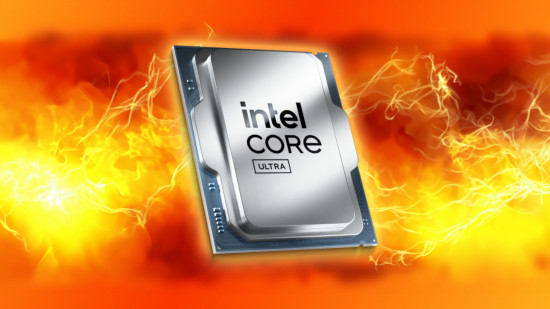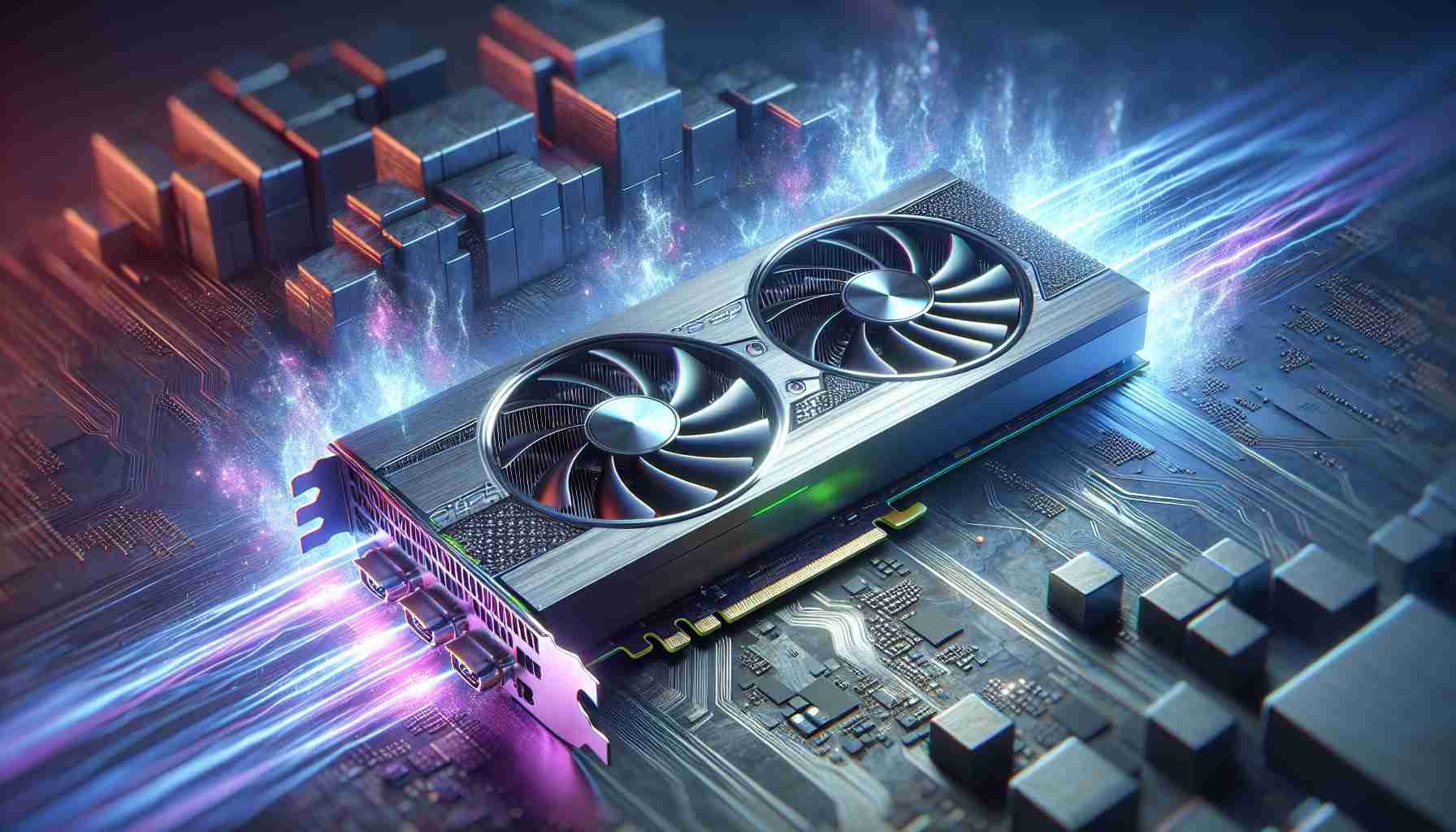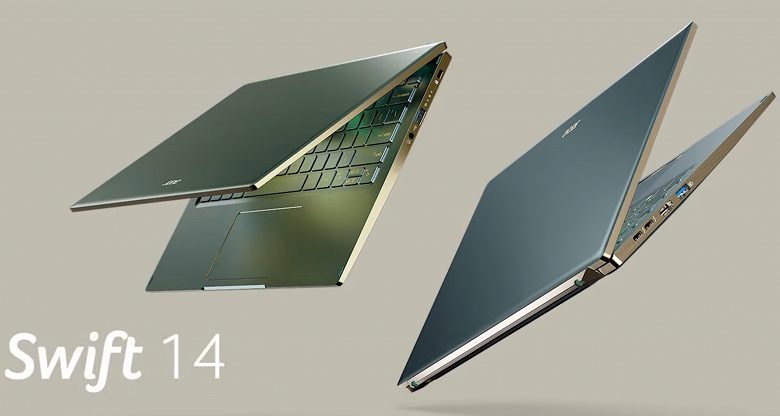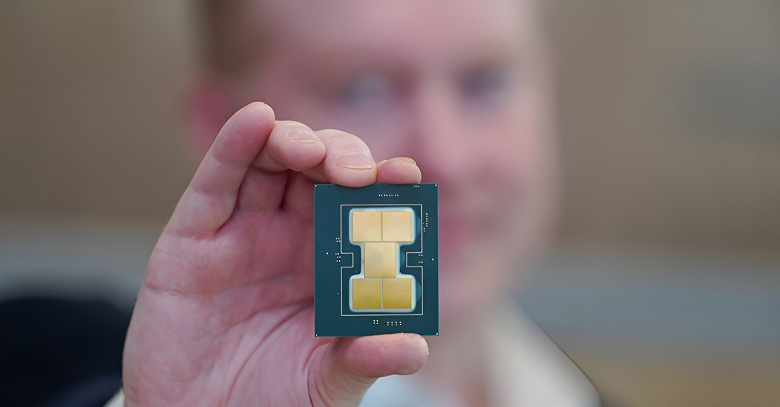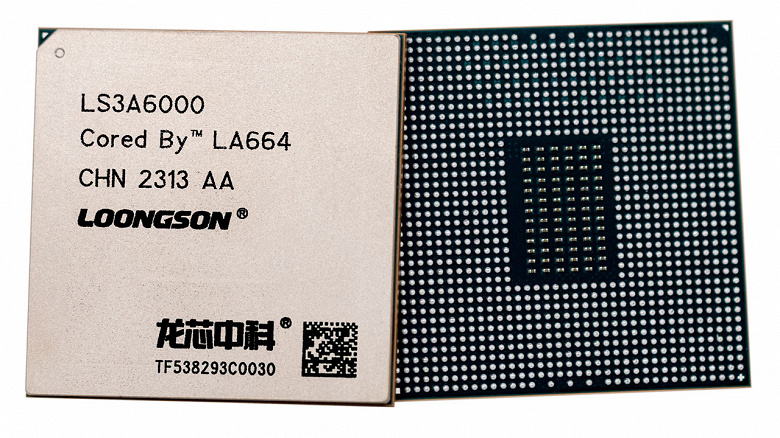In the first full review, Intel Core i7-11700K disappointed with its performance
Resource AnandTech managed to get one of Intel Core i7-11700K samples in the German store Mindfactory. Intel has yet to unveil the new series of CPUs officially and, despite numerous rumors, is reluctant to share details about the new desktop processors. Nevertheless, the specialized publication managed to conduct a comprehensive analysis of one of the new series of Rocket Lake-S processors representatives.

